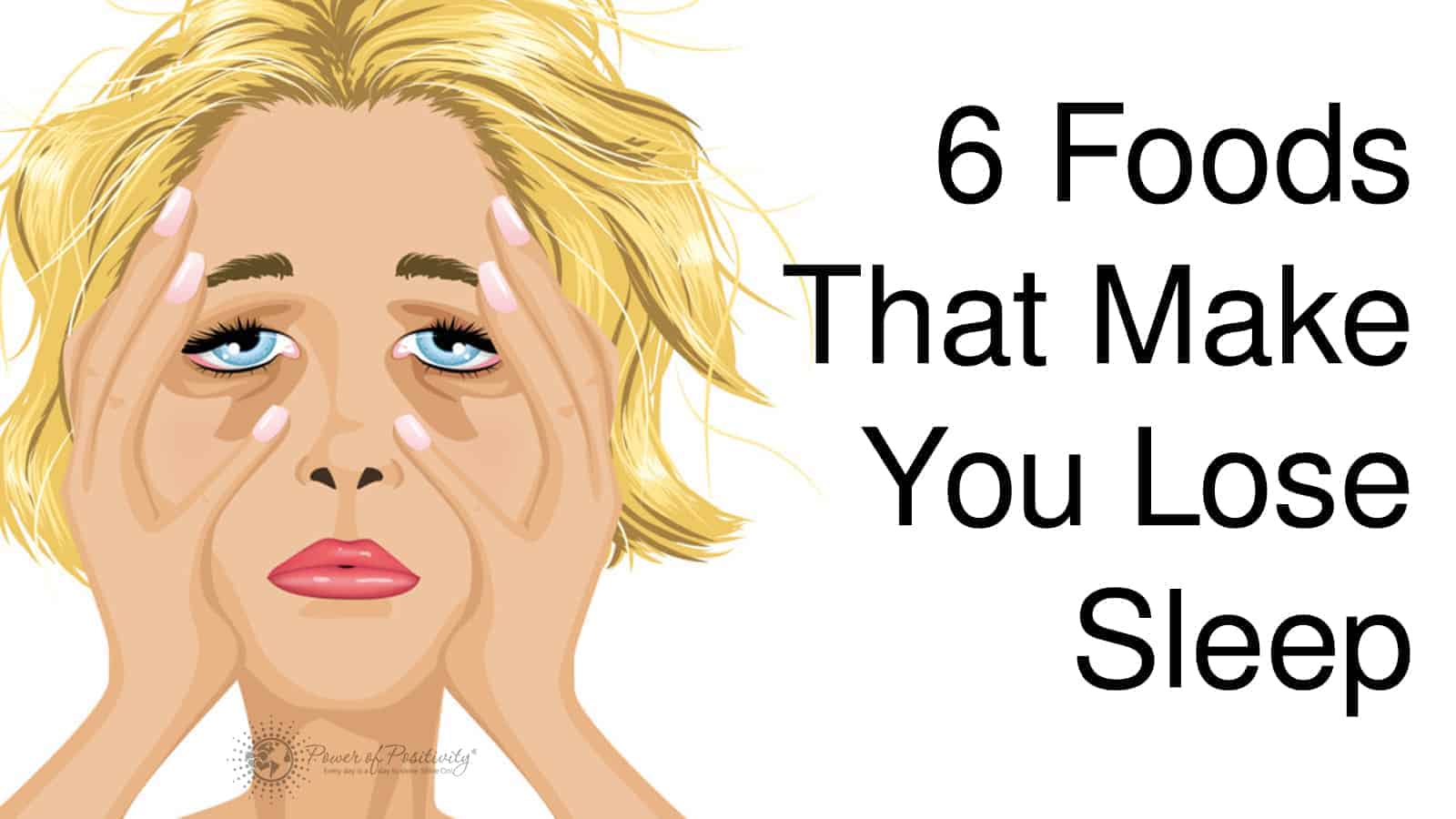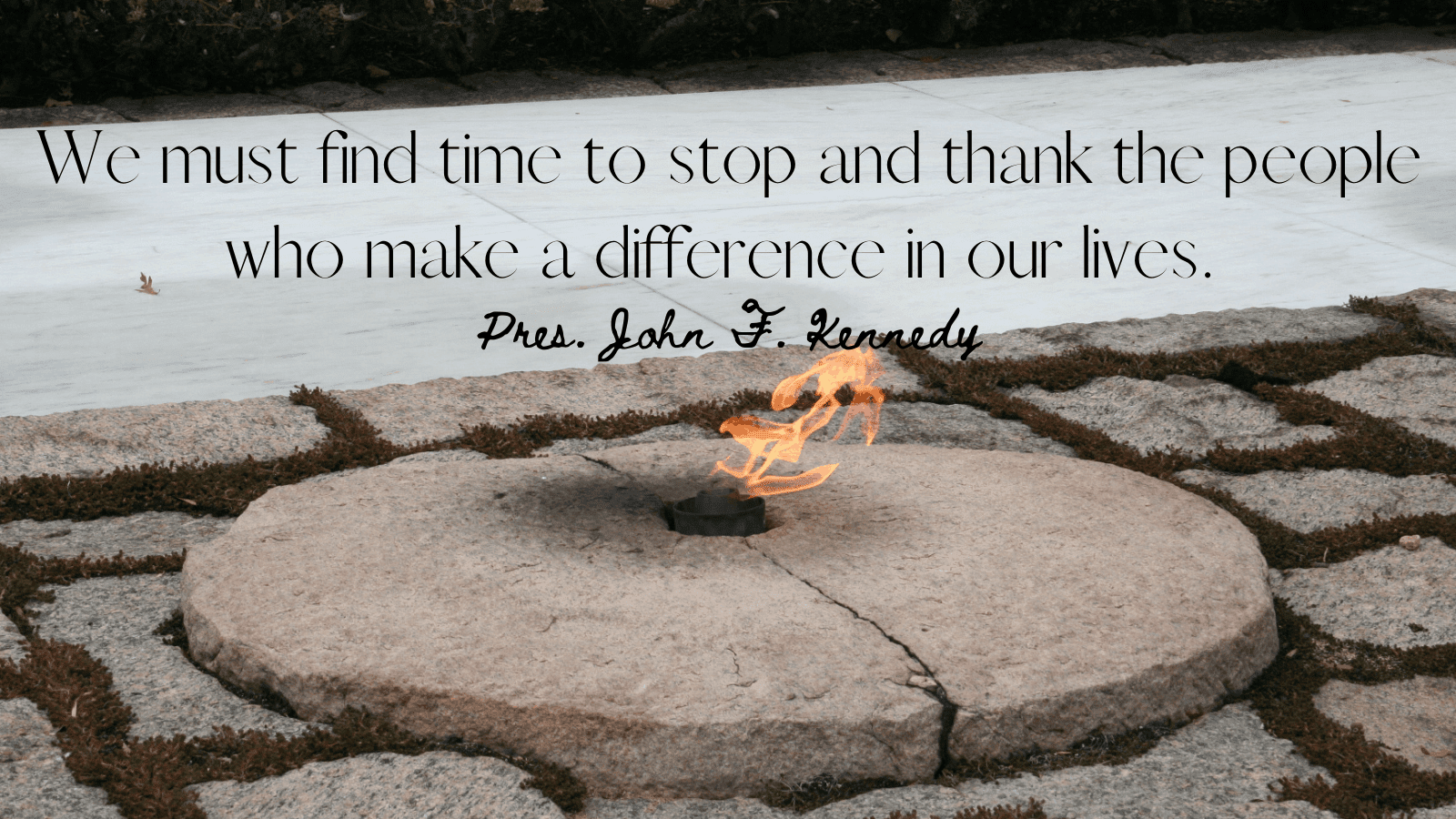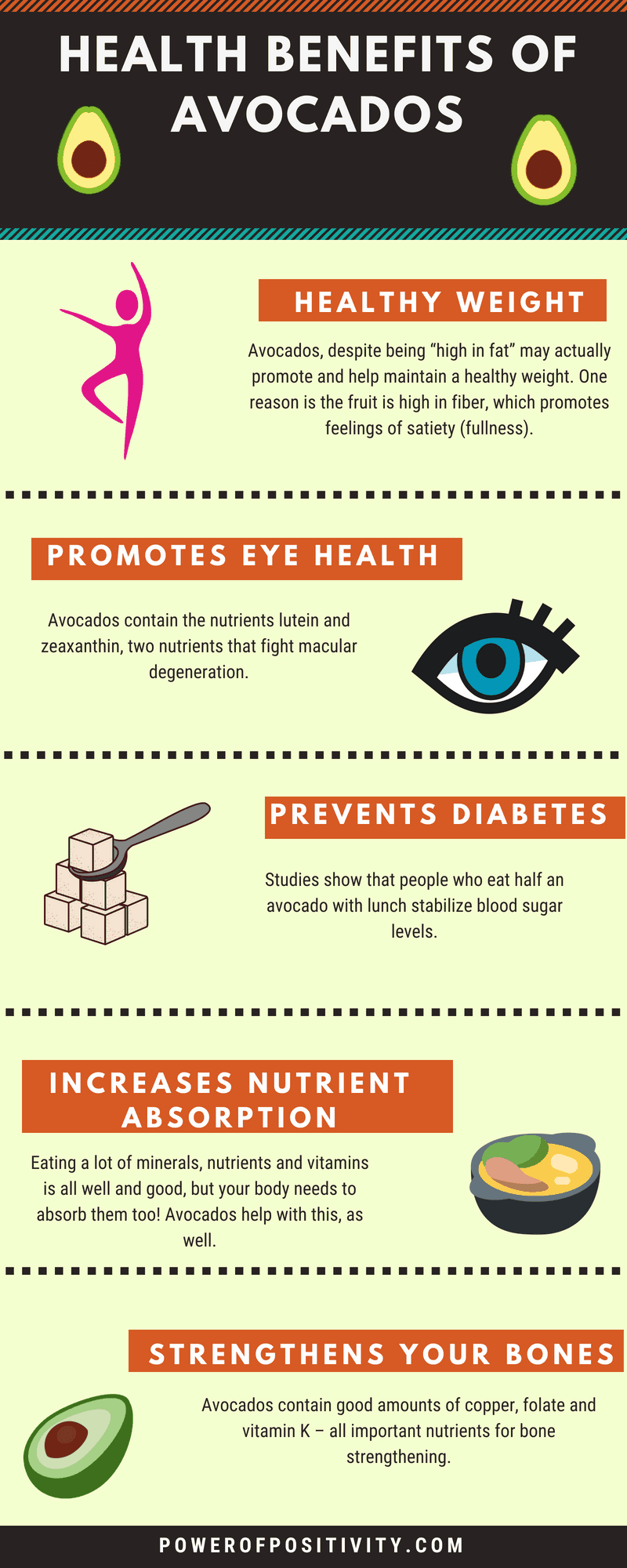Clinging to the idea of a happy relationship after it’s already ended can leave you in emotional limbo. You feel sad, lonely and hopeless and hoping to end the pain. Some relationships end dramatically, but some just linger without coming to a resolution.
The pain of the loss of a close romantic partnership can’t end until you take action to heal yourself emotionally. Letting go is a normal part of releasing a past failed relationship. Feeling stuck? Read on to find out if you’re holding onto past relationships.
10 Signs You’re Having Trouble Letting Go Of A Relationship:
1. You can’t forgive your ex
At the end of a relationship you may harbor feelings of anger or resentment toward your ex. This is perfectly normal, but continuing to feel these negative emotions can drain your energy.
To find your happy again, release the anger that you feel toward your ex. Instead of clinging to the past, let go of the hurt that you feel by expressing forgiveness to your ex. You can do this privately to yourself or in writing in a personal journal.
2. You can’t forgive yourself
Letting go after a breakup will involve some evaluation of your own role in the end of the relationship. Even if your behavior was not the problem that caused the breakup, your role may have been allowing it to continue for longer than necessary.
To move on, look back objectively at what actions or inaction you took that contributed to the breakup. Forgive yourself for your part in the breakup and make a decision to learn from the experience.
3. You’re focusing only on what was good
You’re having trouble letting go if you can only remember the best parts of your relationship. Rather than seeing the frustrations and arguments that were part of your partnership, you only remember how good you felt when your ex loved you.
4. You’re emotionally blocked
Bottling up your emotions is unhealthy. We need to find productive ways to express feelings of sadness and regret at the loss of a romantic relationship. To help you move on, try writing your feelings about the breakup.
Researchers found that people who wrote about the positive emotional aspects of a relationship after a breakup were more likely to feel positive about the breakup afterward. Those who were able to write about the positive emotions that they felt reported feelings of comfort, confidence, empowerment, energy, happiness, optimism, relief, satisfaction, thankfulness, and wisdom.
5. You’re afraid of being alone
Being alone isn’t scary if you like the person that you’re with. Remember that you weren’t always with your former partner and you did just fine on your own. You can read more about coping with being alone here.
6. You fantasize about what might have been
If you could go back in time, you wouldn’t have to worry about letting go because you’d do things differently to prevent the breakup. Living in fantasies about what might have been is counter-productive to healing from the breakup.
Unless you are actively trying to rekindle things with your ex, letting go and focusing on how good the future could be without them is what you should be fantasizing about.
7. You’re reluctant to change
Personal growth after a breakup is one benefit that can come from an otherwise negative experience. Rather than clinging to the past, focus on what you have learned as a result of the failure of the relationship. Think about how you have grown as a person and what you would do differently next time.
Letting go after a breakup will require you to change your perspective. What used to be good is now gone. Getting over the breakup will help you to be more emotionally resilient when you encounter a loss in the future.
8. Your negative emotions are concerning
Your thoughts are so negative that you feel hopeless, depressed, and anxious about the future. Other potentially concerning thoughts are those that involve harm to self or others. You should seek the help of a professionally licensed therapist if you are experiencing any deeply disturbing emotions that are making it difficult to let go.
A study in the Journal of Positive Psychology found that positive emotions can occur following a break-up, particularly when the previous relationship did not contribute any opportunities for personal growth. Experiencing positive emotions was especially true when personal growth occurred after the break-up.
9. You haven’t let yourself grieve
The breakup of a romantic relationship can require a grieving process similar to the loss of a loved one. We go through the stages of grief including denial, bargaining, anger and acceptance.
Finding a way to let go of the past, make up for the loss and go on living without the relationship can take anywhere from several days to months or even years. Pain and loss is something that we all experience as a part of human nature. Learning to handle loss in a way that helps you to move toward positive emotions will be a valuable skill that you can use to emotionally protect yourself when loss happens again.
10. You can’t picture your future after the end
Letting go of your ex means an uncertain future and right now, that’s difficult to imagine. Rather than dwelling on what could have been, picture yourself happy in the future. You can chose to stay single or seek a new romantic partner. The freedom to be the master of your future can help you to see a positive side of letting go.













